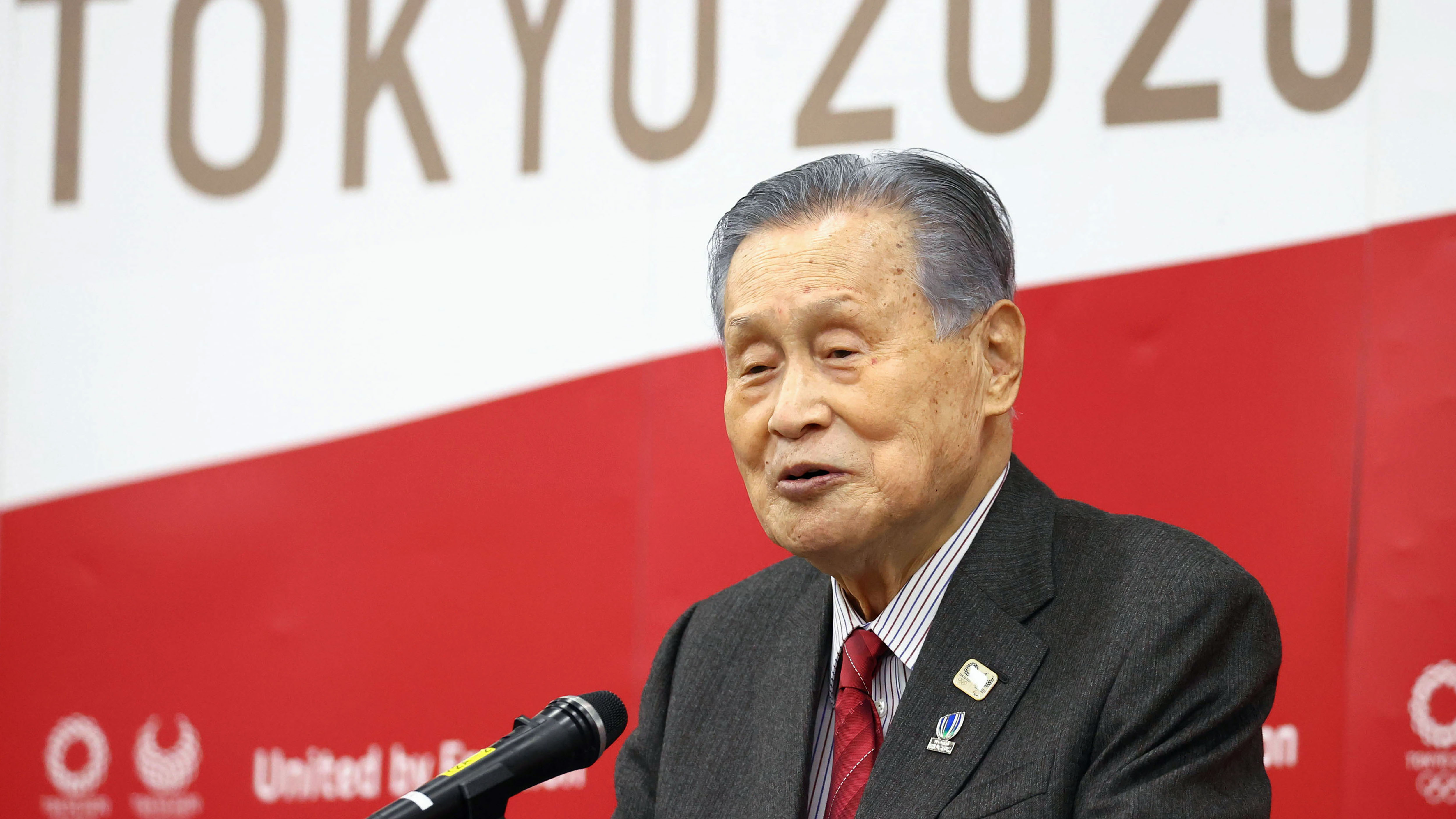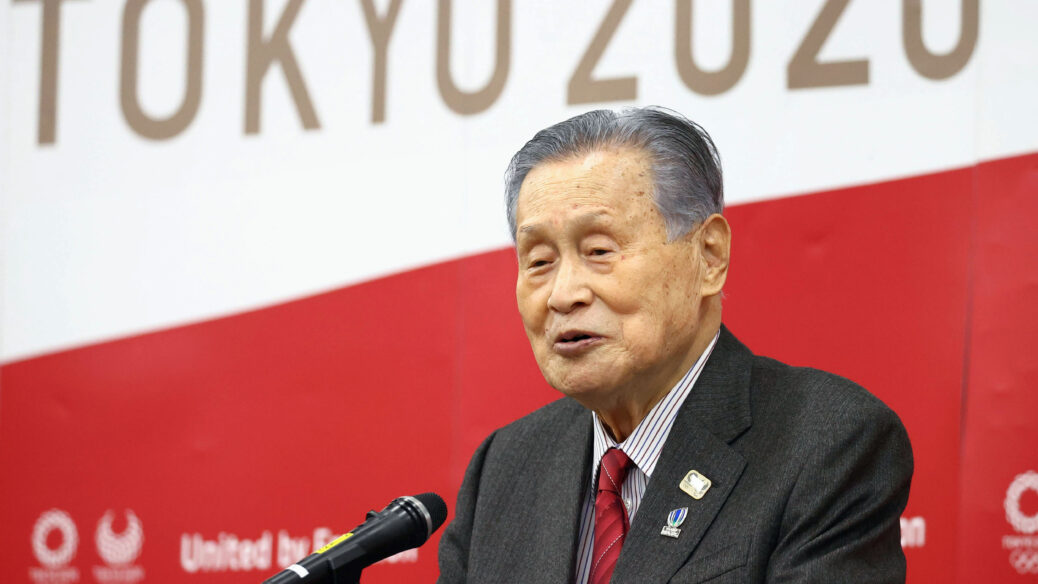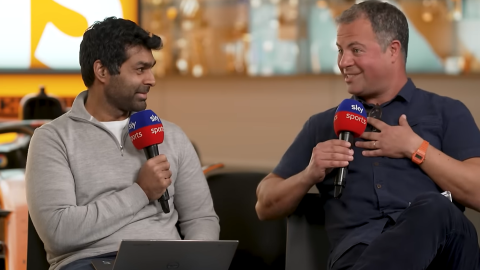
The long saga of Yoshiro Mori appears to be near the end.
Japan’s Kyodo news agency and others reported on Thursday — citing unnamed sources “familiar with the matter” — that Yoshiro Mori will step down on Friday as the president of the Tokyo Olympic organizing committee.
The move follows his sexist comments about women more than a week ago, and an ensuing and rare public debate in Japan about gender equality. They also come just over five months before the Olympics are to open.
A decision is expected to be announced on Friday when the organizing committee’s executive board meets. The executive board is overwhelming male, as is the day-to-day leadership.
CLICK HERE FOR MORE SPORTS COVERAGE ON FOXNEWS.COM
The 83-year-old Mori, in a meeting of the Japanese Olympic Committee more than a week ago, essentially said women “talk too much” and are driven by a “strong sense of rivalry.” Mori, a former prime minister, gave a grudging apology a few days after his opinions were reported but declined to resign.
This is more than just another problem for the postponed Olympics, which have made the risky choice of trying to open on July 23 in the middle of a pandemic with 11,000 athletes — and later, 4,400 Paralympic athletes.
More than 80% of the Japanese public in recent polls say the Olympics should be postponed or canceled.
Mori’s remarks have drawn outrage from many quarters and have put the spotlight on how far Japan lags behind other prosperous countries in advancing women in politics or the boardrooms. Japan stands 121st out of 153 in the World Economic Forum’s gender equality rankings.
Though some on the street have called for him to resign — several hundred Olympic volunteers say they are withdrawing — most decision makers have stopped short of this and have simply condemned his remarks. Japan is a country that works largely on consensus with politicians — often elderly and male — acting behind the scenes and leaking trial balloons to sense public sentiment.
His replacement is reported to be 84-year-old Saburo Kawabuchi, a former president of the Japanese soccer association.
Here are samples of comments and observations about what has been playing out as pressure has mounted on Mori.
___
AKIO TOYODA, president of Toyota Motor Corp.
Toyota is one of 14 so-called Olympic TOP sponsors that pay about $1 billion every four-year cycle to the International Olympic Committee. The company seldom speaks out on politics, but this week Toyoda said: “The (Mori) comment is different from our values, and we find it regrettable.” Toyota and Coca-Cola are also major sponsors of the torch relay, which is to being on March 25. Toyota has not called for Mori to resign. but its comments have received headline attention.
___
YURIKO KOIKE, governor of Tokyo Metropolitan Government
Koike called Mori’s comments a “major issue” for the Olympics. She is one of the few powerful female politicians in Japan and has worked closely on the Olympics. She said she will skip an Olympic meeting next week with IOC President Thomas Bach, Mori and the national government. “I don’t think holding talks under the current circumstances will produce a positive message,” she said. “I will not attend the meeting.”
___
KOICHI NAKANO, political scientist at Tokyo’s Sophia University
‘Koike, as a natural populist, smells political gains by making use of her standing as a prominent female politician. Koike is no feminist, but she knows that being a woman in a very conservative, male-dominated Japan can be used to her advantage. By refusing to attend the meeting she can indicate that she is more in touch with the widely shared sentiment in the Japanese society that Mori should resign.”
___
INTERNATIONAL OLYMPIC COMMITTEE
The IOC accepted Mori’s apology and said the case was closed. Then it waited almost a week to issue a more forceful statement and said his remarks were “absolutely inappropriate.” It pointed out that the local organizing committee also called the remarks “inappropriate.” The IOC has not called publicly for Mori to resign. Most of its statement about Mori focused on how it says it has improved gender-equality in the Olympics over the last 25 years.
___
MIZUHO FUKUSHIMA, head of the Social Democratic Party
Opposition leaders have been pressuring Prime Minister Yoshihide Suga to convince Mori to step down. There are some unconfirmed reports in Japan that former Prime Minister Shinzo Abe could replace Mori. Mori got his job in 2014, when Abe was prime minister. “We must tell the world that Japan is a country committed to making a gender-equal society,” Fukushima said. “He (Mori) must step down.”









Recent Comments